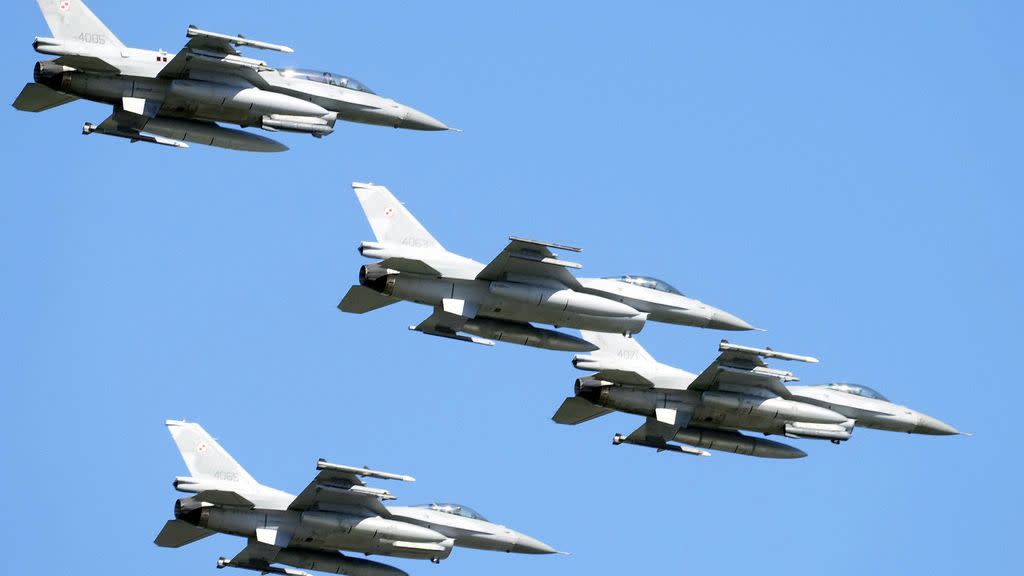Rapid militarisation jeopardising climate, claim NGOs

Rising militarisation and spending on defence is detracting from efforts to counter climate change, NGOs claimed at an event in Brussels this week.
The European Network against Arms Trade (ENAAT) and Transnational Institute (TNI) organised the event following figures from the Stockholm International Peace Research Institute (SIPRI) showing the leap in military spending, to consider the impact of European military public procurement on climate change.
Nick Buxton, knowledge hub coordinator at TNI cited 2022 estimates by scientists who found the total military carbon footprint to be approximately 5.5% of global emissions.
“Military spending is going to tanks, F-35 jets, with Belgium and Germany lining up to buy them … Every time we see this increase in numbers there is a huge increase in carbon emissions,” said Buxton.
Buxton said that the EU is fueling climate emissions through militarisation citing EU naval operations in the Red Sea and defences of the bloc’s borders to stop migration.
“We need to expose to the European public how politics militarise every crisis rather than addressing them,” Buxton added.
Laëtitia Sédou, project officer at ENAAT, said EU military spending has been growing since 2021, from €3.32bn to €7.67bn in 2023.
Since 2017 there was a "paradigm shift", she said, referring to the moment when the EU budget started funding the arms industry via the European Defence Fund, Action in Support of Ammunition Production (ASAP), European Defence Industry Reinforcement through common Procurement Act (EDIRPA) or the European Defence Industry Programme (EDIP).
Lawmaker Clare Daly (Ireland/The Left) said nothing was more anathema to climate action than militarisation.
“Instead of seeking to build peace and strengthen goodwill, the EU is now abducting funds meant for climate action and channelling them into armament and militarisation, a choice that only intensifies tensions and makes war more likely,” Daly told Euronews.
MEP Mick Wallace (Ireland/The Left) regretted that military emissions were not added to the Global Stocktake at the COP28 in Dubai, noting the “many gaps” in reporting of such emissions.
“Reliable data on military emissions is more crucial than ever at a time when military expenditure is increasing in Europe, and indeed globally, at a frightening rate,” Wallace told Euronews.
Ionela Maria Ciolan, research officer on security and defence at the Wilfried Martens Centre for European Studies, told Euronews that investment in the defence industry and arms production “shouldn't be hindered” by climate change considerations.
Ciolan suggested, however, the EU could invest more in greening its armies and reducing the environmental footprint of its armed forces through research and development of low-carbon military technologies and fuels.


